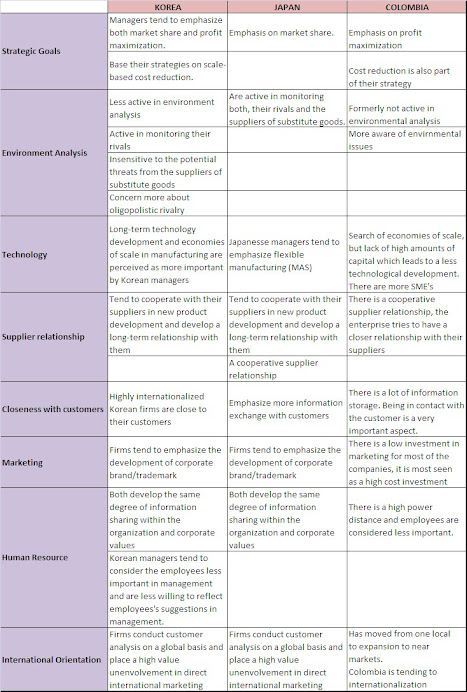
The trade Unions or Labor Unions were first originated in Europe. They are organizations of workers that look for achieving a common goal: better working conditions. These kind of conditions may include better wages, work rules, promotions, or benefits. The labor unions sometimes had an impact on labor policies through the use of strikes or some other tactics.
The Labor Unions play and active role in decision making of Colombian society. In our country we have around one million unionized workers and approximately 7.650 labor unions registered in the Ministery of Social Protection.
The colombian constitution enshrine as fundamental the right to organize unions. The laboral code says that the automatic recognition occurs by having at least 25 members that follows a simple registration procedure. Acording to de law, labor unions are free from designing their own rules and manage their activities.
In Colombia, as in any other country in the world, Unions are essential actors in the modern and democratic life. New companies, national or international, must take them into account in their decisions and try to dialogue with them in order to prevent strikes or signs of violence. Nowadays, the Colombian unions and their leaders are suffering a humanitarian crisis expressed in selective violence with total impunity; to name son facts, almost 99% of the cases of violations are not punished yet and many of the murders have not been investigated.
REFERENCES
http://survey07.ituc-csi.org/getcountry.php?IDCountry=COL&IDLang=ES


This overview of what trade unions are is really clear. I would like to add that although this movement is considered important or at least the idea they promote is good, unions membership rates in regions like Western Europe and Latin America have decreased dramatically. Many reasons are related with this drop being one of them the decline in the sectors where unionism were more popular; this is heavy industries like mining and steel making. But cultural reasons are present too; young people, migrants and private sector employees are less inclined to join a union. I consider it reasonable because at least for me, is the first time I get close to this issues since I started my degree.
ResponderEliminar